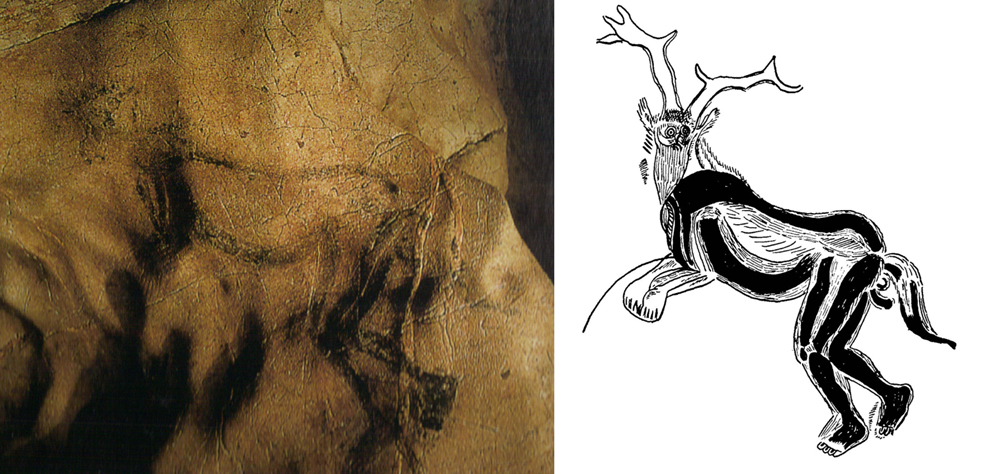CuriousIdent
Not yet SO old Great Old One
- Joined
- Jul 7, 2004
- Messages
- 1,510
- Location
- Warwickshire, England.
There's a little bit in Ronald Hutton's book, The Pagan Religions of the Ancient British Isles: Their Nature and Legacy.
View attachment 17752View attachment 17753
(The dreadful consequences he mentions at the start are witch-hunt manias)
Interesting. A female lead for the Wild Hunt. I have not heard of this before.
Also interested at the suggestion that some kind of (for want of a better term) 'dream realm' was an understood belief across Europe.
If a notion that people souls were literally being snatched away to join the Hunt *was* an understood common-held belief across thousands of people there would have to be a reason for that surely? People would have to be actively experiencing something akin to that in their dreams, in high enough numbers for people to have compared notes on the matter and agreed they had dreamed something similar.
Mass Hysteria? The unlikely occasion of actual shared dreams?
I wish more information on the Hunt in general had been documented in centuries past.


